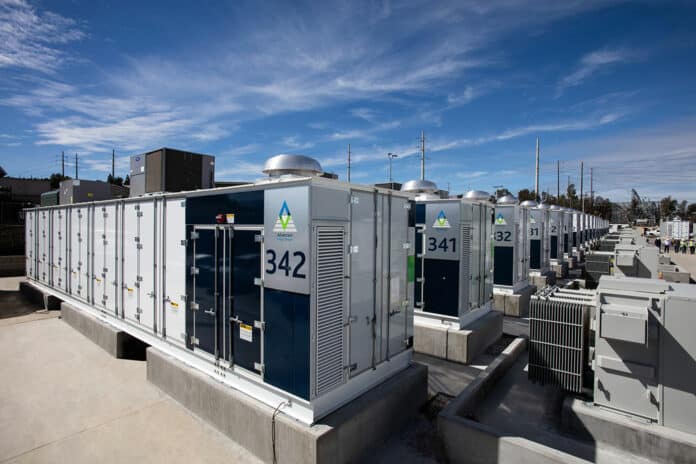Macquarie Asset Management’s Green Investment Group (GIG) and Shell Energy, the British energy giant, have partnered to deliver a utility-scale battery energy storage system (BESS) in Cranbourne, Victoria.
Once fully operational, the Rangebank BESS will help the grid maintain a stable frequency and will have the storage capacity to power the equivalent of 80,000 homes across Victoria for an hour during peak periods.
The project is to be built on two hectares of land within the Rangebank Business Park in Melbourne’s southeast. It will be developed by GIG and Shell Energy Australia and will be built, serviced, and maintained by Fluence. Construction of the project will commence later this year and is expected to be completed in late 2024.
Shell Energy will have access to 100% of the system’s offtake over a 20-year period. The project will use Fluence’s Gridstack grid-scale energy storage product, supported by Fluence’s multi-generational technology platform, and more than 15 years of design and deployment experience with industry-leading reliability and safety.
Located in one of Melbourne’s fastest-growing population centers, the Rangebank BESS will increase Victoria’s renewable energy hosting capacity while also providing essential system services aiming to support the safe, secure, and reliable operation of Australia’s power system. The project will connect to existing network infrastructure to support the transition to renewable energy.
“The Rangebank project is our first grid-scale battery investment in Victoria and marks Shell’s first direct equity investment in a utility-scale BESS globally. This signals Shell Energy’s commitment to accelerating the energy transition and contributing to the growth of firming capacity,” said Greg Joiner, Chief Executive Officer of Shell Energy Australia. “The Rangebank BESS will help to stabilize Victoria’s state electricity supply by providing additional storage capacity which can be discharged at times of peak demand.”
